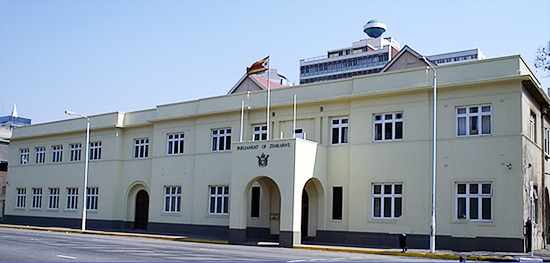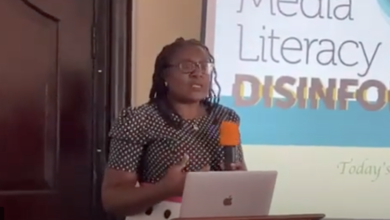MOPO Bill an Apartheid law: Senators

Senators have likened the new Maintenance of Peace and Order bill to the cruel South African Apartheid Regulation of Public Gatherings Act (No.205) of 1993.
The Apartheid Act was meant to regulate the holding of public gatherings and demonstrations at certain places.
Senators argued that the MOPO bill came as an infringement of people’s rights rather than to promote peace in the country.
The bill seeks to replace the Public Order and Security Act which became law in 2002.
Debating the proposed bill last week Wednesday, Senator Gideon Shoko said the bill was just a photocopy of the law that was passed in South Africa by the Apartheid regime.
“If you look at this thing you find that the one that was passed in South Africa is even better than this one that we are now passing here in our country for ourselves. Ordinarily, it means we are not producing our own laws but laws that were produced by the Apartheid regime,” said Sen Shoko.
He said some members of the senate were voting in favour of the bill due to ignorance.
“It is unfortunate that some of us might not have researched where the contents of this bill is coming from, certainly it is coming from apartheid South Africa that is independent but you are getting it to this country and we are seeing some senators standing up clapping and saying this is a wonderful law,” Sen. Shoko added.
Section 7 of the Regulation of Public Gathering Act of 1993 stated that, “ that no demonstrations shall be held in any building in which a courtroom is situated, or at any place in the open air within a radius of 100 metres from such building on every day of the week except Saturdays, Sundays and Public holidays and are hereby prohibited”.
Meanwhile, Clause 10 of the MOPO bill prohibits any public gatherings within the vicinity of Parliament (to 20 metres), courts and other protected areas and places (to 100 metres).
The bill also states that the convener of such gathering should seek permission from the speaker of Parliament and the chief justice, judge president or the responsible authority respectively.
Senator Douglas Mwonzora concurred with Senator Shoko adding that the sections of the regulation of public gathering act were strategically positioned in the MOPO bill.
“Fundamental parts of this bill borrow heavily from the South African legislation. The sections were then scattered around so that perchance, we may not identify but through research, we have identified,” said senator Mwonzora.
Clause 13 of the MOPO bill which empowers the police to use ‘force’ and firearms and other weapons to disperse an unlawful gathering is also copied from section 9 of the Apartheid law.
“If a member of the police of or above the rank of warrant officer has reasonable grounds to believe that danger to persons and property as a result of the gathering or demonstration, the police may order the members of the police under his command to disperse the persons concerned and may for that purpose order the use of ‘force’,” reads the clause.
This week police banned the mainstream opposition party, Movement for Democratic Change (MDC) from staging demonstrations in the country`s major cities and used force to thwart some of the protesters who defied the order.






